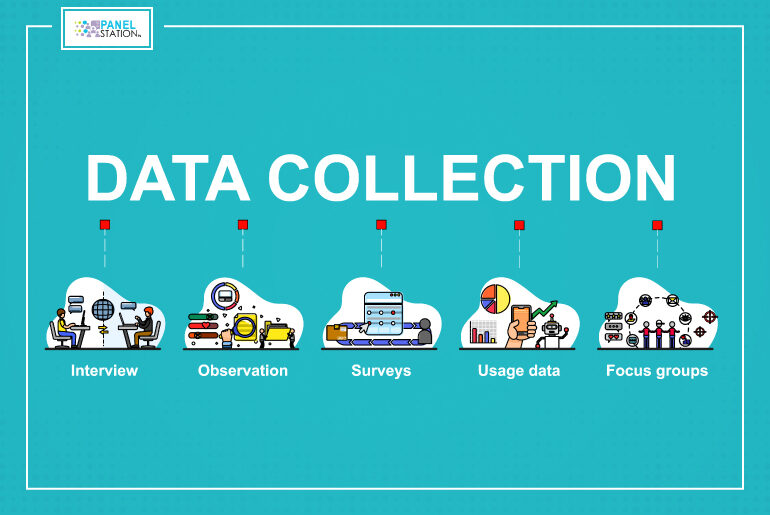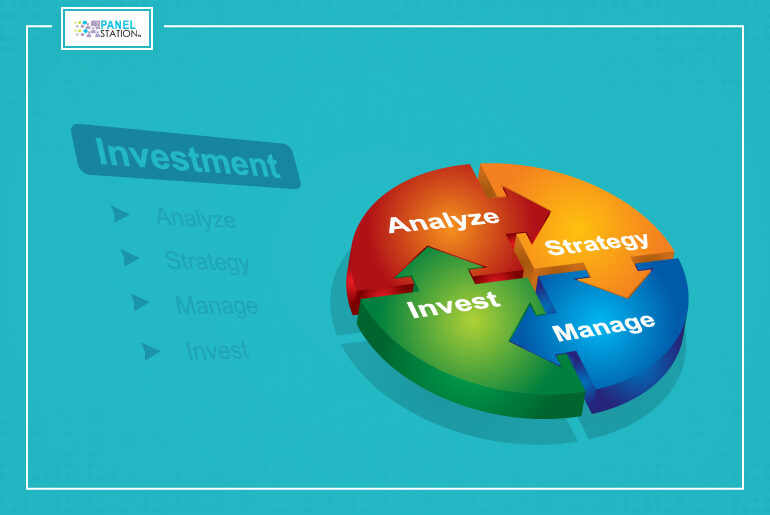One thing that never changes in marketing and business, despite the fact that change is the norm is the requirement for marketing research. Organisations can devise their business plans and marketing strategies more effectively and assess business decisions using data by employing market research as a tool. It helps a business understand whether a product will fly or not, whether the consumers of a certain geography are interested in a specific product or not, addition or removal of which features can make it work for the consumers. In summary, the process of conducting marketing research is the foundation for making wise business and marketing decisions.
How Is market research done?
Market research refers to the collection and analysis of data about and from consumers. The simplest form of it is by talking to “real people” and getting to know them in order to grasp their ideas, attitudes, behaviours, and wants. It’s an excellent way to gain consumer insights to benefit the business, improve product and service quality, and so on.
It can range from large-scale online studies that provide robust, statistically valid data-based insights to in-person interviews, workshops, and focus groups that allow for in-depth exploration of abstract or complex themes.
What are the different types of Market Research?
Market research is a systematic process that involves gathering, analysing, and interpreting information about a specific market to gain insights into customers’ preferences, behaviours and needs. Market research can be classified into two broad categories: primary research and secondary research.
-
Primary Research
Primary research involves collecting data directly from consumers and is done through surveys, focus groups, interviews, and observation. The data collected through primary research is specific to the business and its target market. Primary research can be further classified into two types: quantitative research and qualitative research.
-
Quantitative Research:
It involves collecting numerical data, which can be analysed using statistical techniques. This is used to measure and quantify customer preferences and behaviours. Examples of quantitative research methods include surveys, polls and questionnaires.
-
Qualitative Research:
It involves collecting non-numerical data, such as opinions, attitudes, and feelings. This is used to gain a deeper understanding of customer needs and motivations. Examples of qualitative research methods include in-depth interviews and focus groups.
-
Secondary Research
Secondary research involves analysing existing data from various sources like government reports, industry publications, and competitor analysis. This type of research is cost-effective and can provide valuable insights into market trends and consumer behaviour. Examples of secondary research sources include research reports, trade publications and company websites.
What are the ways to collect data for market research?
If any company is conducting primary research, the collection of data through surveys, focus groups, interviews and observations is a vital step. In case of secondary research, the data collection process can be done from various sources such as reports, industry publications, and competitor analysis. So, how to collect primary data or secondary data for research purposes?
Here are some ways to collect data for market research:
-
Surveys:
Surveys are one of the most common ways to collect data for market research. An organisation can conduct online surveys or paper-based surveys to collect data from the target audience.
-
Focus groups:
Focus group discussions are a form of qualitative research that involves a group of people discussing a product, service or idea. This can provide valuable insights into consumer behaviour, preferences, and attitudes.
-
Interviews:
Interviews are another way to collect data for market research. One-on-one interviews with customers, industry experts or other stakeholders help in gaining insights into their experiences, opinions and attitudes.
-
Observation:
Observation involves observing consumer behaviour in real-life situations. This can be done in-store or online to gain insights into consumer behaviour and preferences.
-
Online analytics:
Online analytics can provide valuable insights into website traffic, user behaviour and online customer engagement. Tools like Google Analytics can help in tracking website traffic and user behaviour on a company’s website.
-
Social media listening:
Social media listening involves monitoring social media platforms to gain insights into customer behaviour and preferences. An organisation can use social media listening tools to monitor brand mentions, track customer feedback and identify trends.
-
Secondary research:
Secondary research involves gathering information from existing sources like industry reports, news articles, literature reviews and competitor analysis. This can help to identify market trends and gain insights into the competitive landscape.
Why is Market Research important for businesses and consumers?
Market research is essential for businesses of all sizes, as it provides valuable insights into consumer behaviour and market trends. Here are a few reasons why market research is important:
-
Identifying Market Opportunities
Market research can help businesses identify potential market opportunities. By analysing consumer behaviour and preferences, businesses can develop new products and services that meet the needs of their target audience.
-
Understanding Customer Needs
Market research can help businesses gain a deeper understanding of customer needs and preferences. By conducting surveys and focus groups, businesses can gather information about customer preferences, buying habits, and pain points. This information can be used to develop products and services that meet customer needs.
-
Assessing Competitor Strategies
Market research can help businesses assess their competitors’ strategies. By analysing competitor data, businesses can identify their competitors’ strengths and weaknesses. It data can be used to develop strategies to differentiate their products or services from their competitors.
-
Minimising Risk
Market research can help businesses minimise risks. By conducting research before launching a new product or service, businesses can gauge customer interest and demand. This can help businesses avoid costly mistakes and increase their chances of success.
-
Improving Marketing Effectiveness
Market research can help businesses improve their marketing effectiveness. Companies can develop strategic marketing campaigns that resonate with their target audience by understanding customer preferences and behaviours.
Conclusion
Market research is an essential tool for businesses of all sizes. It can help businesses identify market opportunities, understand customer needs, assess competitor strategies, minimise risk, and improve marketing effectiveness.








